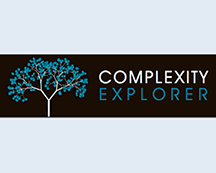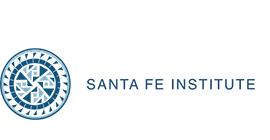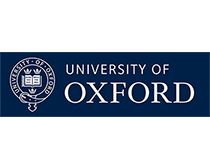What is reality? Quantum information and Computation
Summary
This course will provide a technical and conceptual introduction to the field of quantum information science, a fast-moving research field focusing on the overlap between information science and quantum physics. A key paradigm involves the use of quantum effects to perform information-related tasks in radically enhanced ways. Furthermore, information-related concepts are naturally suited for describing quantum physics, clarifying our understanding of the theory. The course covers quantum communication, entanglement and algorithms as well as relations to thermodynamics.
Preliminary Syllabus
Classical and Quantum Information
- Classical information
- Quantum mechanics
- Quantum information
Quantum Entanglement
- Introduction
- Quantifying entanglement, relation to thermodynamics.
- Experiments on entanglement
Quantum computation
- Quantum algorithms
- Entanglement, computation and quantum measurements: ultimate limits.
Concepts
- Quantum vs. classical reality
- Is the world quantum? Why?
Meet the instructors
Vlatko Vedral is Professor of Quantum Information Theory in the Department of Atomic & Laser Physics, Clarendon Laboratory, University of Oxford and the National University of Singapore. He is a member of the Foundational Questions Institute (FQXi) and the author of Decoding Reality: The Universe as Quantum Information, published by Oxford University Press (OUP), as well as three textbooks on Quantum Information Science and the Foundations of Quantum Optics, also published by OUP and Imperial College Press.
Oscar Dahlsten is a Postdoctoral Researcher in the Department of Atomic & Laser Physics, Clarendon Laboratory, University of Oxford, Research Fellow at Wolfson College, University of Oxford and Lecturer at St. Catherine's College, University of Oxford.
General Information
- Language: English
- Course starts: To be anounced in 2017
- Course length: ...
- Estimated effort: ...
Instructors
Prof. Vlatko Vedral and Dr. Oscar Dahlsten
Department of Atomic and Laser Physics, Clarendon Laboratory, University of Oxford
Supporting Material
The course is loosely structured after the book: Quantum Information Science, Vlatko Vedral, Oxford Graduate texts
It is inspired by the instructors' experience teaching Quantum Information Science to undergraduate students at the Oxford Physics Department and other places, as well as by their pioneering research.







